Legend of Anima Qingxueshan
Legend of Anima Qingxueshan
The Legend of Anima Qing Snow Mountain refers to the legendary Anima Qing Mountain God, who is a powerful and upright God riding a high-headed white horse, holding a Mani bag (a treasure). In the minds of Tibetans, Anima Qingxueshan is the Taoist site of Guanyin Bodhisattva and the head of the four God mountains in Tibet. He responds to all requests, especially for pilgrims who come from afar. It is said that Anima Qingshan belongs to horses. Every Lunar New Year, all the gods in Tibet gather in Anima Qingshan, turning mountains here and worshipping in horse years is tantamount to worshipping all the God mountains. The merit of thinking.
On May 23, 2011, the "Anima Qingxueshan Legend" declared by the Golo Tibetan Autonomous Prefecture of Qinghai Province was approved by the State Council as the third batch of intangible cultural heritage.
historical origin
Legend has it that Anima Qingshan belongs to horses. Every lunar year, all the gods in Tibet gather in Anima Qingshan. In the year of horse, turning to mountains and worshipping them is tantamount to worshipping all the God mountains. It has incredible merits.
primary coverage
According to ancient Tibetan folklore, the Anima Qingshan God was one of the earliest nine heavenly thrones in the Tuchun kingdom, one of the eight sons of Budaigongjia, one of the nine mountain gods sacrificed by Tibetan ancestors in successive dynasties. The Anima Qingshan God lived in the northeastern part of the Qinghai-Tibet Plateau. The chief minister of Anima Qingshan God lived in the northeastern part of the Qinghai-Tibet Plateau, where the people's life and death and all mountain gods and It is the earliest and largest mountain god here, so it is honored as "Majia", that is, the King of Mars. It is also the ancestor god, God of war and God of protection of Tibetans. According to legend, the Anima Qingshan God wore a red cap, silver armour, riding on the Jade Dragon White Horse, holding a spear in his right hand, holding a flag in his left hand, hanging a sword at his waist and hanging an arrow with a bow. Day patrols the void and the world, clouds and rains, thunder and lightning, or good luck, or disaster, rewards and punishments, monitoring the enemy. Gather ghosts and gods at night and send missions.
There are 360 relatives of Anima Qingdashan god, including nine Houni and nine sons and nine daughters, and another 1500 God generals and servants. They live in palaces built of gold, jade and precious stones in the upper, middle and lower levels respectively. Tigers, wolves, jackals and bears watch their dogs, while bison, rock sheep and deer musk deer are their livestock. In addition, Anima Qingshan gods have different gods in all directions to defend fortresses, battalions for dozens of miles, flags covering the sky, swords like forest. Local residents can point out the names of these gods one by one. There are many glaciers, ice caves and spring pools, which are regarded as the treasure house of mountain gods and the prison for punishing gods and ghosts. Tibetan Buddhism believes that Anima Qingshan god, who has accepted Buddhist precepts, devoted himself to practice and disregarded human customs, has gained the position of Buddhist ten places and only visited this mountain once in the year of monkeys.
Inheritance status
Anima Qingshan God is also the God of wealth in Tibetan hearts. He is the fruit of Bodhisattva in ten places. Every year, almost all Tibetan businessmen come here to worship and pray for prosperous business and billowing financial resources.
Tibetan sages once described the merits of Anima Qingshan as follows: as long as we provide sincerely, all the good wishes in our hearts can be realized, and all the bad things can go away from us. Whether you are seeking a career, marriage, family, health and other people's blessings, or seeking relief, Buddha, you can do so.
Legend has it that he is also the Soul Mountain of the Tibetan hero King Gesar. Every year, a large number of pilgrims climb mountains, wade through rivers and wind meals to worship piously before sleeping in the open air.
Inheritance significance
Animaqing Snow Mountain is also one of the top ten snow mountains open to the outside world in China. Tibetan Animaqing Snow Mountain means Tibetan Snow Mountain. Every year, many Tibetan compatriots and Chinese and foreign tourists come here to visit, worship and explore the mountains. Compared with many scenic spots polluted by human development, it is clean, primitive and sacred.
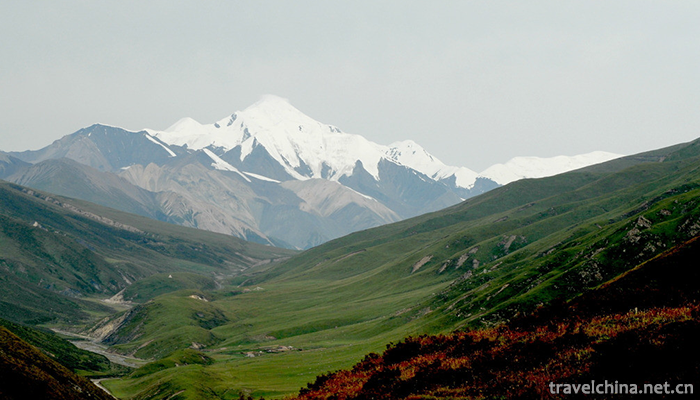
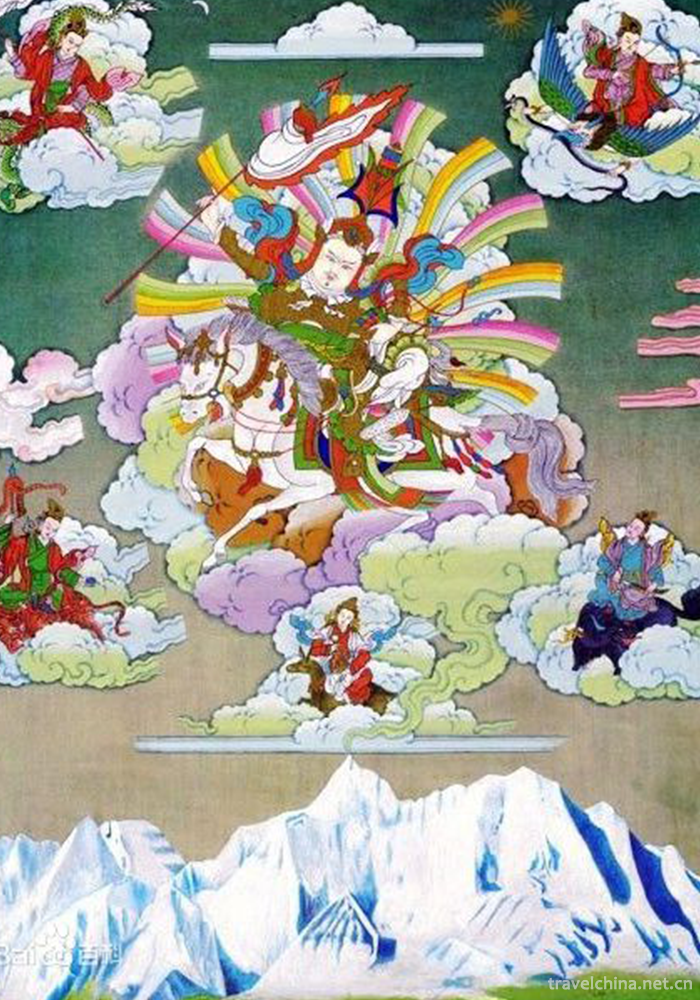
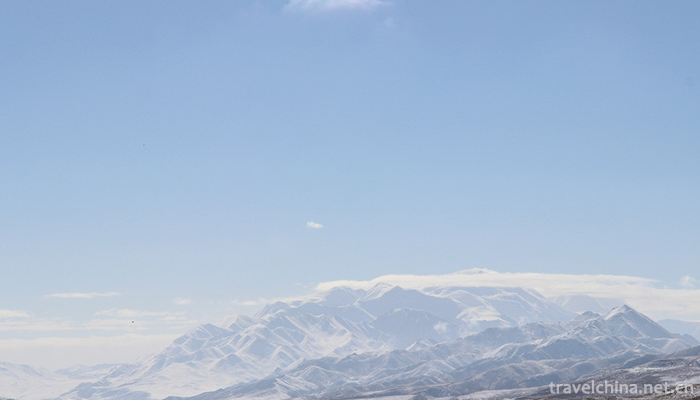
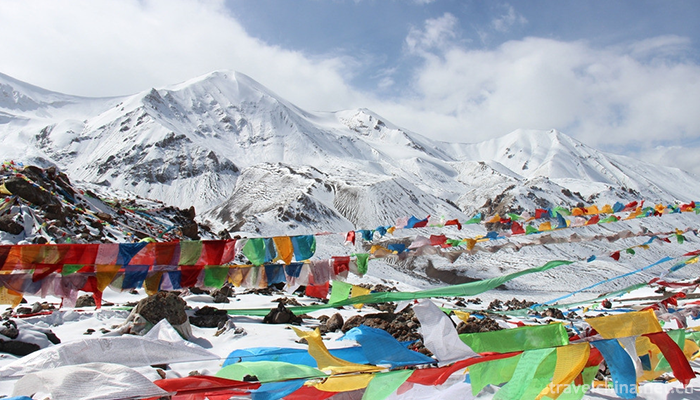
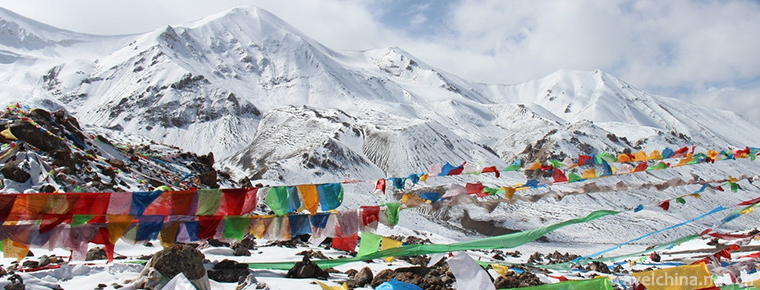
-
1.Pavilion of Prince TengTengwang pavilion
Tengwang Pavilion, one of the three famous buildings in the south of the Yangtze River, is located on the East Bank of Ganjiang River along the Yangtze River Road in the northwest of Nanchang City, Ji
Time 2018-12-08 -
2.Eight Diagrams Palm
The Eight Diagrams Palm, also known as the Traveling Eight Diagrams Palm and the Eight Diagrams Linked Palm, is a traditional Chinese boxing with the main changes of palm method and walking.
Time 2019-04-02 -
3.Bogda Ula Festival
The sacrifice of Bogdahura (Shenshan) is one of the earliest forms of Mongolian creative culture in China. It is the product of national culture, which is formed by historical accumulation and plurali
Time 2019-04-04 -
4.Engraving Printing Skills
Engraving printing technology, Yangzhou City, Jiangsu Province, local traditional handicraft, one of the national intangible cultural heritage.
Time 2019-04-27 -
5.Folk fire Min Jian She Huo
Folk society fire is a kind of folk entertainment popular in China during the Spring Festival. It is widely spread in Shaanxi, Shanxi, Hebei, Henan, Liaoning and other provinces. On May 20, 2006, Folk
Time 2019-06-05 -
6.Uygur Karakul fetus
There is a folk song "Turpan grape Hami melon, turtle's lamb a flower". Shaya Uygur Hatters use local lamb skin to make various hats, such as Duhuawa, Wuniqie and Dulikun, for people to buy.
Time 2019-06-26 -
7.Yazhou Folk Songs
Yazhou folk song is one of the ancient folk songs in Hainan Province. It is popular in the areas of Yazhou and Dongfangkangcheng, west of Sanya Yacheng and east coast of Ledong. Yazhou Guest (Han) dia
Time 2019-07-10 -
8.China Agricultural University
China Agricultural University (China Agricultural University), referred to as "China Agricultural University", is located in Beijing City By Ministry of Education of the People's Republic of
Time 2019-12-21 -
9.down the mountain Yao Bu Yao Mai Cai Tik Tok Songs 2020 Hot Songs
"Down the mountain" is composed by Zhu bin. Yao Bu Yao Mai Cai to sing. It was released on November 22, 2019
Time 2020-05-21 -
10.Mineral resources in Leshan
Leshan City is rich in mineral resources, 34 kinds of mineral resources have been proved, especially non-metallic minerals, with great development potential. Among them, the total amount of proven rock salt resources is 10.5 billion tons, with an annual
Time 2020-12-17 -
11.Yibin medical and health
By the end of 2019, there are 5120 medical and health institutions in Yibin City, including 135 hospitals (102 private hospitals); 4945 primary medical and health institutions, including 177 township health centers, 46 community health service centers (stations),
Time 2020-12-18 -
12.Guangan primary industry
In 2019, the sown area of grain in Guang'an City is 287000 hectares, and the total grain output is 1.8 million tons, an increase of 1000 tons or 0.04%. Among them, the rice output was 1.047 million tons, down 0.4%; the corn output was 448000 tons, an incre
Time 2020-12-19